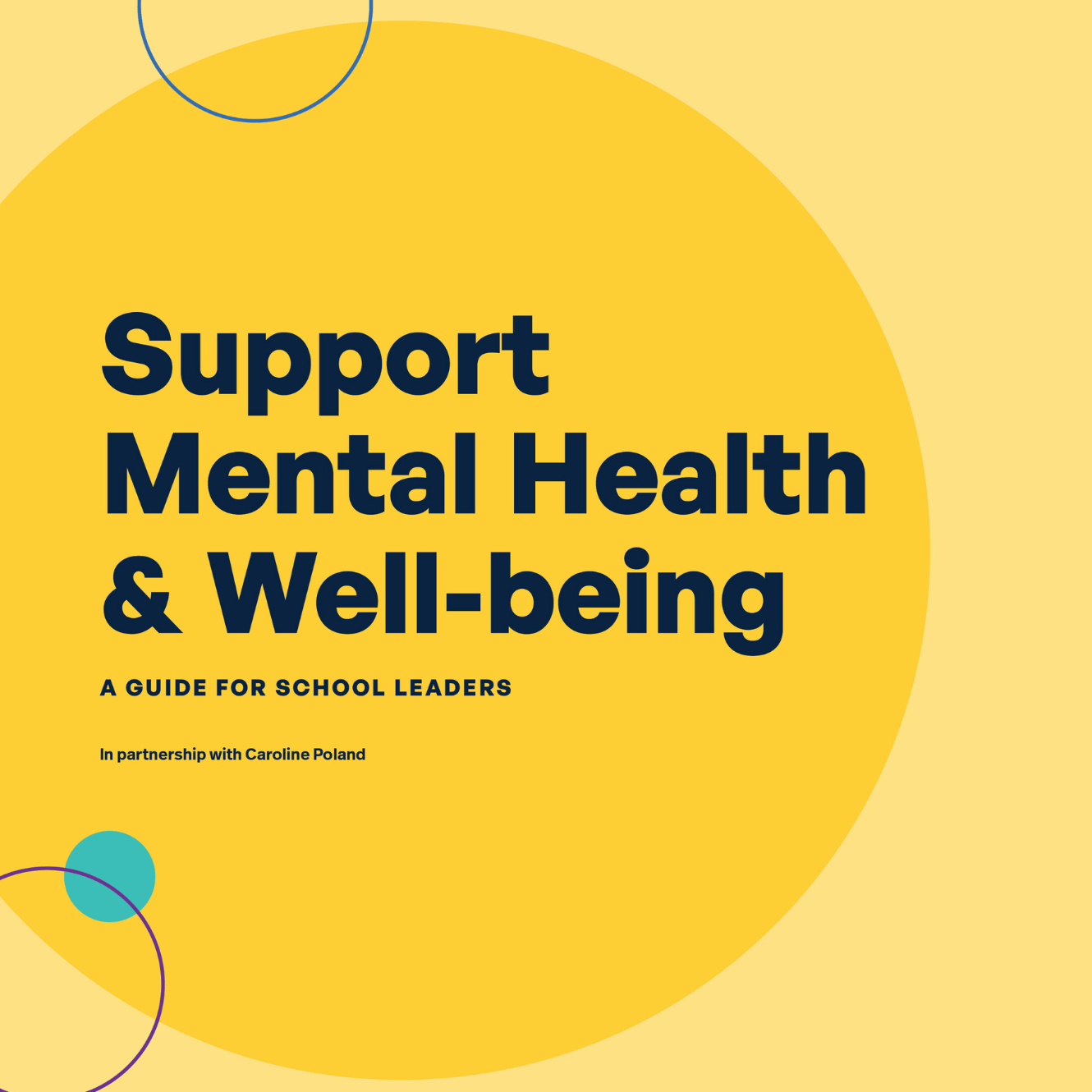Charter schools serve diverse communities where immigration concerns can significantly impact student attendance and academic performance. Understanding these challenges helps ensure all students can access quality education regardless of their family’s immigration status.
The Impact on Student Attendance
Research shows concerning patterns of how immigration enforcement affects school communities. From 2019:
- Las Cruces, New Mexico saw a 60% spike in student absences following an immigration raid
- Hamblen County, Tennessee experienced 20% of Hispanic students missing school after workplace enforcement
- Seven percent of U.S. children are born to parents without legal immigration status
These impacts extend beyond attendance to include decreased family engagement, academic performance decline, and increased need for counseling services.
Creating Supportive School Policies
Safe Learning Environment Strategies
Policy Considerations:
- Limit collection of unnecessary immigration-related information
- Establish clear protocols for handling immigration enforcement requests
- Train staff on supporting students experiencing family stress
- Create welcoming environments that encourage family engagement
Communication Approaches:
- Provide multilingual resources and translation services
- Offer cultural competency training for staff
- Use community liaisons who understand local immigrant communities
- Clearly communicate the school’s commitment to serving all students
Supporting Academic Continuity
Student Support Services:
- Enhanced counseling for students experiencing family stress
- Flexible attendance policies accounting for family circumstances
- Academic intervention programs to address learning gaps
- Mentorship programs connecting students with supportive adults
Family Engagement:
- Alternative communication methods that respect privacy concerns
- Community partnerships with trusted local organizations
- Flexible meeting times and locations for parent engagement
- Educational workshops providing valuable information to families
Building Community Partnerships
Partner with local organizations serving immigrant families to:
- Access legal resources and immigration support services
- Provide cultural competency training and community insights
- Secure additional funding for student support programs
- Build trust within immigrant communities

Understanding Educational Rights
The Supreme Court’s Plyler v. Doe decision ensures all children, regardless of immigration status, have the right to public education through grade 12. Schools should also support DACA-eligible students with college and career counseling that addresses their unique circumstances.
Creating Inclusive Communities
Charter schools that successfully support students affected by immigration concerns focus on creating environments where education is treated as a fundamental right, schools serve as safe havens for learning, and family engagement respects diverse circumstances.
By implementing thoughtful policies, providing comprehensive support services, and building strong community partnerships, charter schools ensure that immigration concerns don’t become barriers to educational success.

